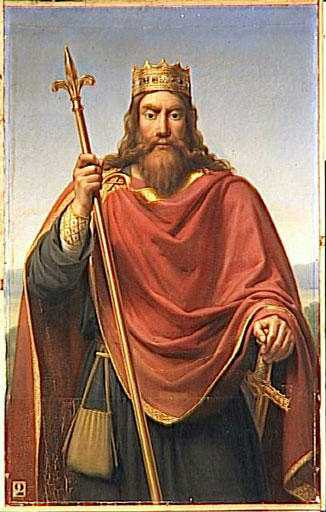 This is a continuation of a paper written bay Augurlion taken from Missio Dei, a journal of missions and evangelism of Myanmar Institute of Theology (MIT).
This is a continuation of a paper written bay Augurlion taken from Missio Dei, a journal of missions and evangelism of Myanmar Institute of Theology (MIT).Effect of the Apologetic Mission
The defense of the church against the internal threats such as Gnosticism,Docetism, Marcionism, Montanism and other heretical teachings resulted in the formulation of Creed, the canonization of the Bible, and the emergence of the church's hierarchical order. These things were the causes for Christian unity that surpassed the pagan religions and sects in the Roman Empire. Through the works of the apologists the church became a hierarchical system that ruled with the Creed as its faith and the Scripture as the source for morality, and so it became the imperial tool for unity under the rule of Constantine. For some reasons, the adoption of the Church as the imperial religion cannot be regarded as the gain of Christianity. As the church became the political tool, there came corruption and worldliness in the church. However, the approval of the Emperor and the growing number of converts certified that the Church became influential and beneficial for the well being of the society both institutionally and theologically.
Through out the Medieval ages Christianity, though filled with corruption and worldliness, was central both in the West and in the East for the wellbeing of the society. The church was the saving factor among the destruction and casualty during the barbarian invasion in the West. Even after the collapse of the central power Latin Church became the leading figure in the governance of the society in the West. The monasteries played an important role in education and spiritual training. Priests and bishops were important leaders along with the kings. Evangelical preaching was a major cause of individual conversion into Christianity. However, some conversions were communal and it took place not by personal experience of Christ but by the following after the regional rulers who accepted Christianity as a useful teaching and ruling system. Such a communal conversion took place both in the Western and Eastern Mission fields. The conversion of Clovis (Prankish king) and his subjects, and the conversion of Russians are the examples of the communal conversions.
The use of the church for the political ploy was ridiculous or unpleasant to many (Donatists, non-Chalcedonian churches, Spiritual groups), but from a different perspective it is the success
of the church because through it Christianity became influential and beneficial for the society. In other words, the success of the church was not because it became the imperial church but because its teaching and hierarchical system became beneficial for the society and the social order of that time. All these successes owe to the apologists who, through their defense of Christianity, worked for the development of the Creed, the Bible, and the hierarchical order that built up Christianity as a significant religion or institution for the society.
.jpg)



No comments:
Post a Comment